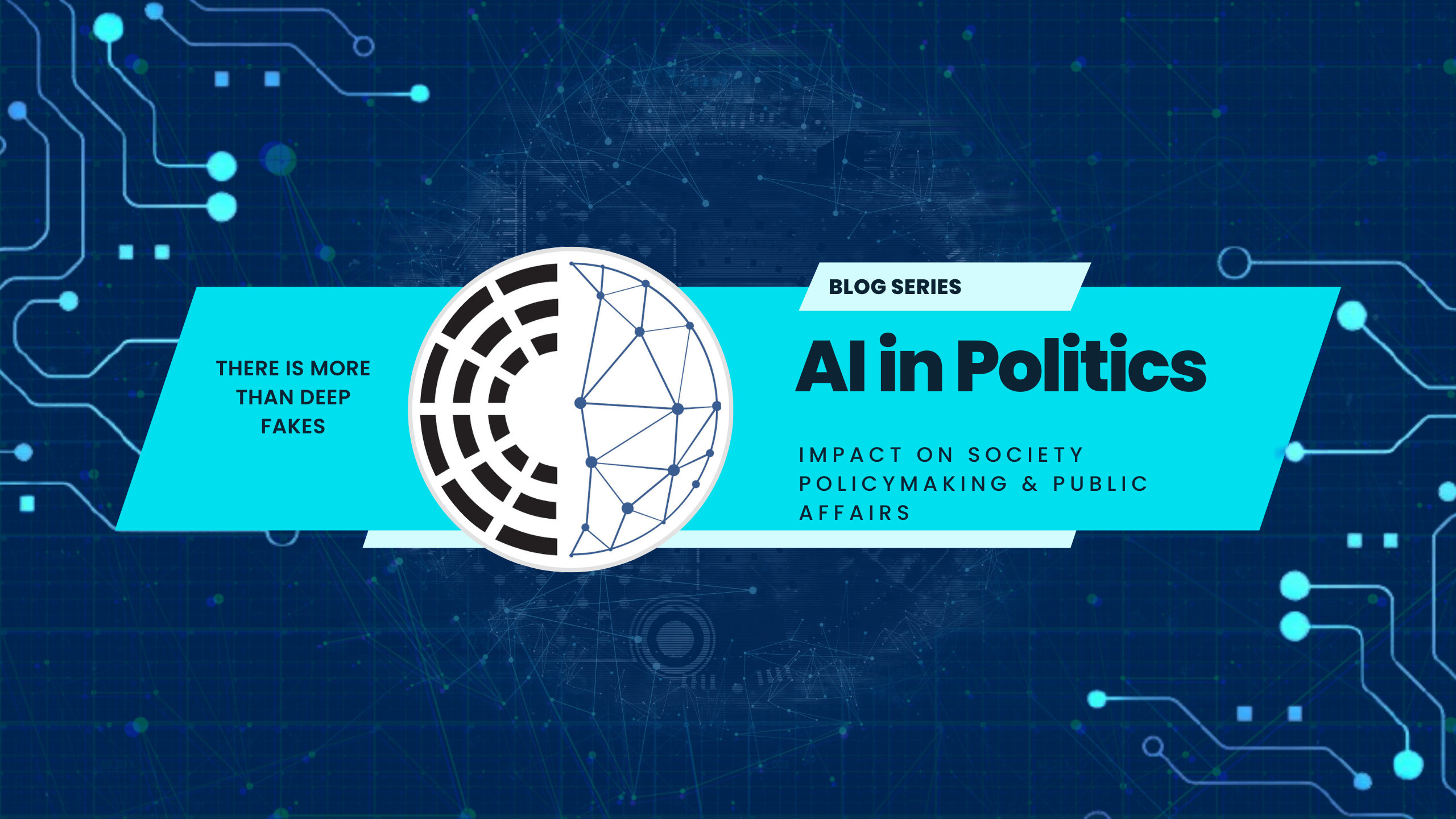The European Commission’s recent deployment of GPT@EC, its secure generative AI tool, signals a transformative shift in how stakeholder submissions are assessed. This AI system is designed to assist the Commission in reviewing documents, drafting texts, and analyzing vast amounts of data. While this innovation offers numerous benefits for efficiency and consistency, it also changes the game for stakeholders aiming to influence policy decisions.
With AI now a central component of the Commission’s processes, stakeholders must rethink how they approach submissions. It’s no longer just about the strength of the argument or the volume of data but also about how well submissions are tailored to resonate with an increasingly standardized, AI-driven review process.
Join our online discussion on 12 December 2024!
The New Reality: Standardized Assessments
AI systems like GPT@EC operate differently from human reviewers. They prioritize clarity, consistency, and structure, systematically identifying key arguments, evidence, and compliance with formal requirements. Based on the intended use case of GPT@EC and the capabilities of generative AI, it is likely designed to recognize patterns in submissions and highlight inconsistencies or unsupported claims. This new layer of standardization reduces variability in assessments but also introduces specific expectations that stakeholders need to meet to ensure their submissions are effective.
What This Means for Stakeholders
Clarity Is Non-Negotiable
Ambiguous or poorly structured submissions are likely to fare poorly in an AI-driven assessment. AI systems rely on clear input to generate accurate insights. Stakeholders must focus on crafting submissions that are concise, well-organized, and free of unnecessary jargon.
Evidence Is King:
AI tools evaluate the strength of evidence and data presented in a submission. Stakeholders need to prioritize robust, well-cited information to support their positions, as AI systems can quickly flag unsupported claims or weak arguments.
Standardization Levels the Playing Field:
Smaller organizations that might lack extensive resources can leverage this shift. By focusing on well-structured, evidence-backed submissions, they can compete more effectively with larger, more established players. In this new ecosystem, the quality of content matters more than the size of the lobbying effort.
AI Cannot Be Outsmarted—Yet:
Stakeholders using AI to craft their submissions might find it tempting to game the system. However, tools like GPT@EC are built to detect certain patterns, inconsistencies, or anomalies, making manipulative tactics risky. Instead, stakeholders should focus on authenticity and alignment with the Commission’s priorities.
A Call to Action: Elevating Submission Standards
The introduction of GPT@EC offers a unique opportunity for stakeholder groups to elevate the quality of their submissions. With AI standardizing and streamlining the review process, only the most thoughtful, evidence-driven, and well-structured inputs will stand out. This shift underscores the importance of preparation and strategy:
- Understand the Framework:
Stakeholders should familiarize themselves with the Commission’s policy frameworks, ensuring that their submissions align with the Commission’s priorities and address specific objectives. (Read more about how policy-insider.ai can help you) - Invest in Quality:
High-quality writing, clear argumentation, and strong evidence are now indispensable. Submissions should be crafted with an understanding that AI will scrutinize every detail. - Adapt to the New Process:
AI tools like GPT@EC reduce the room for error. Stakeholders must adapt by improving their processes, whether through better internal collaboration or the use of tools to refine their submissions.
The Stakes Are Higher Than Ever
As the EU Commission’s processes evolve, so too must the strategies of stakeholder groups. GPT@EC represents a powerful shift toward efficiency and consistency, but it also raises the bar for everyone involved. Stakeholders must step up their game, recognizing that AI-driven standardization rewards clarity, precision, and genuine engagement.
In this new landscape, those who adapt will thrive, while those clinging to outdated approaches risk being left behind. The message is clear: if you want your voice to be heard, make it count.


